
Team Starling
Welfare Support team: When you may need extra help
8th January 2024
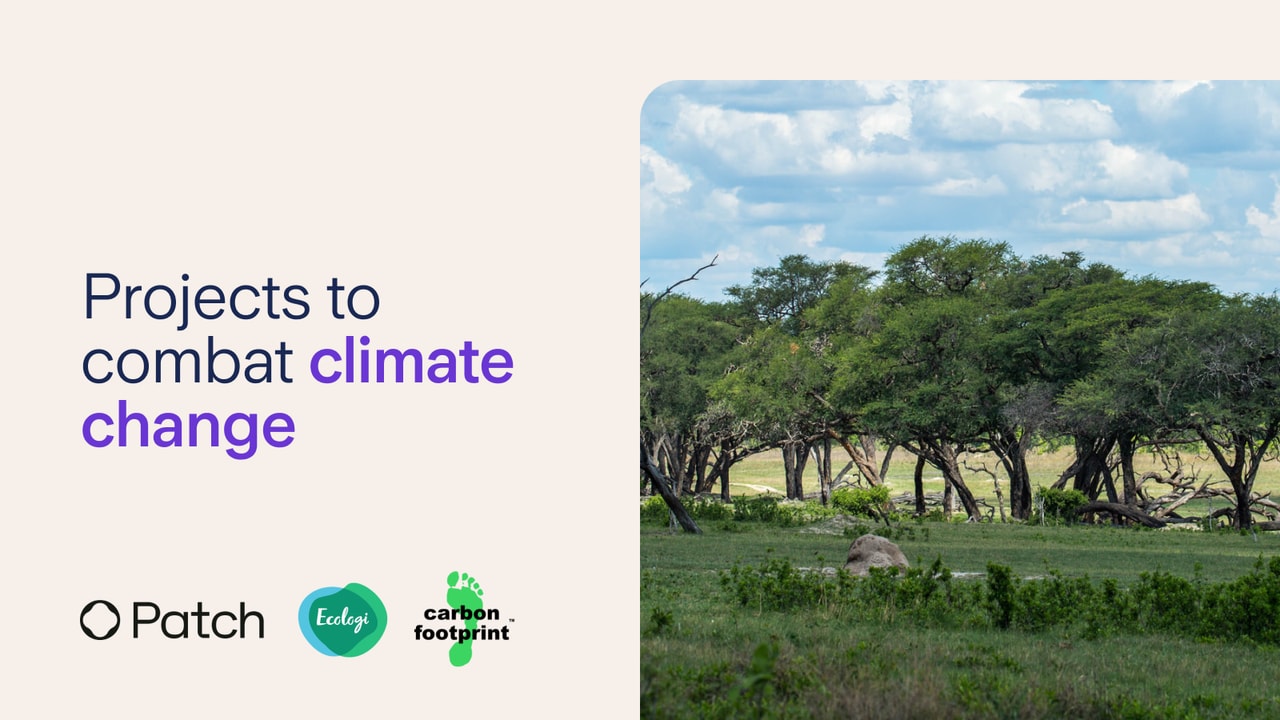
At Starling, we’re committed to doing our part to fight climate change. As part of that commitment, we work hard to reduce our carbon emissions and invest in environmental community projects to offset them.
Here are the projects we’ve chosen to support, guided by feedback from our staff. All seven remove the harmful greenhouse gas carbon dioxide (CO2) from the atmosphere or avoid further emissions. And all seven are Verified Carbon Standard (VCS) or Gold Standard Verified Emission Reduction (GS VER) projects, meaning that they have been independently certified.
There are no quick fixes for climate change and investing in certified carbon offsetting projects is only a partial solution. The carbon market itself is young and certification methods are evolving all the time, which is why we work continuously to understand best practice so that we can align with it. We began offsetting our carbon emissions in 2021.
Three of the projects centre on preventing deforestation or planting and looking after forests. Trees remove CO2 from the atmosphere and store it. They’re also critical for the survival of many endangered species that live in forests.
The Kariba REDD+ Project in Zimbabwe aims to prevent deforestation by improving the livelihoods of local people. Instead of making their income from timber, they are empowered to support their families through agriculture, beekeeping, fuelwood plantations and fire management.
The Mai Ndombe REDD+ Project based in the Congo Basin also directly involves local people. The project protects 248,956 hectares of forest from industrial logging, unsustainable fuel wood extraction and slash and burn agriculture, thereby helping to prevent activities that release CO2. The project is able to generate revenue through carbon credits, bought by companies like us looking to offset their emissions, and some of this revenue goes to local people to benefit their community. For example, they plan to build a minimum of 20 schools and repair and extend two hospitals.
The Uganda International Small Group Tree Planting project works closely with smallholder Ugandan farmers to train and incentivise them to plant trees on their land. The project also brings small groups together to fight deforestation and provides training on setting up plant nurseries, preventing malaria and HIV/AIDS, and building fuel-efficient stoves. So far, almost 300 small groups have been established.
In Tanzania, we’re supporting a project that’s committed to distributing and installing half a million fuel-efficient cookstoves throughout the country. In the next ten years, the project will avoid the production of more than 18.8 million tonnes of greenhouse gas emissions, generated by less efficient cookstoves.
The project particularly benefits women, often in charge of cooking, due to the lower air pollution in their homes and the reduced time needed to prepare a meal. They can then use the time otherwise spent cooking to do paid work or other activities.
We’re also supporting three projects related to renewable energy: wind power in India, biogas in Bulgaria and solar water pumps in Kenya. The wind power is generated by six wind turbines and is fed into the Indian grid. The project is run by Powerica.
The Kubratovo Wastewater Biogas Project is both a methane emissions reduction and an energy production project. Methane, like CO2, is a greenhouse gas. The project is expected to reduce carbon emissions by around 61,000 tonnes per year, which is equivalent to the carbon footprint of 12,200 people - about the number of people who live in the town of Halstead, Essex or Montrose on the east coast of Scotland.
The solar water pumps produced by SunCulture enable smallholder farmers to use more sustainable and reliable agricultural practices by replacing petrol or diesel pumps that emit harmful CO2. The revenue generated from carbon credits linked to the project is used to lower the price of the solar irrigation systems to make them less expensive than the original pumps. SunCulture is based in Kenya and plans to scale up so that the pumps can be made available in countries across Africa.
Starling has purchased carbon credits for these projects through three organisations: Ecologi, Carbon Footprint and Patch. We’ve continued to work with Carbon Footprint for the second year running, and connected with Patch through Tech Zero, a climate action group of which we are a founding member.

Team Starling
8th January 2024
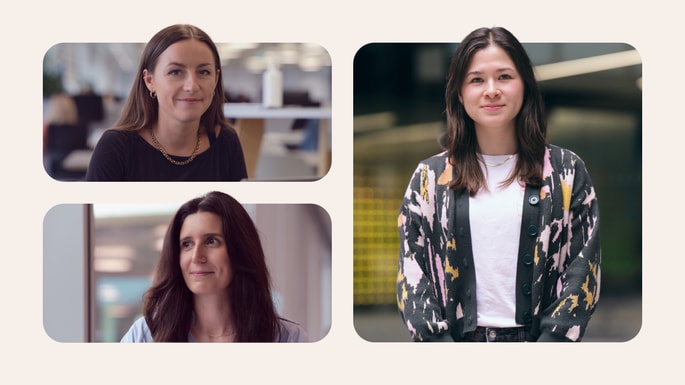
Team Starling
22nd November 2023
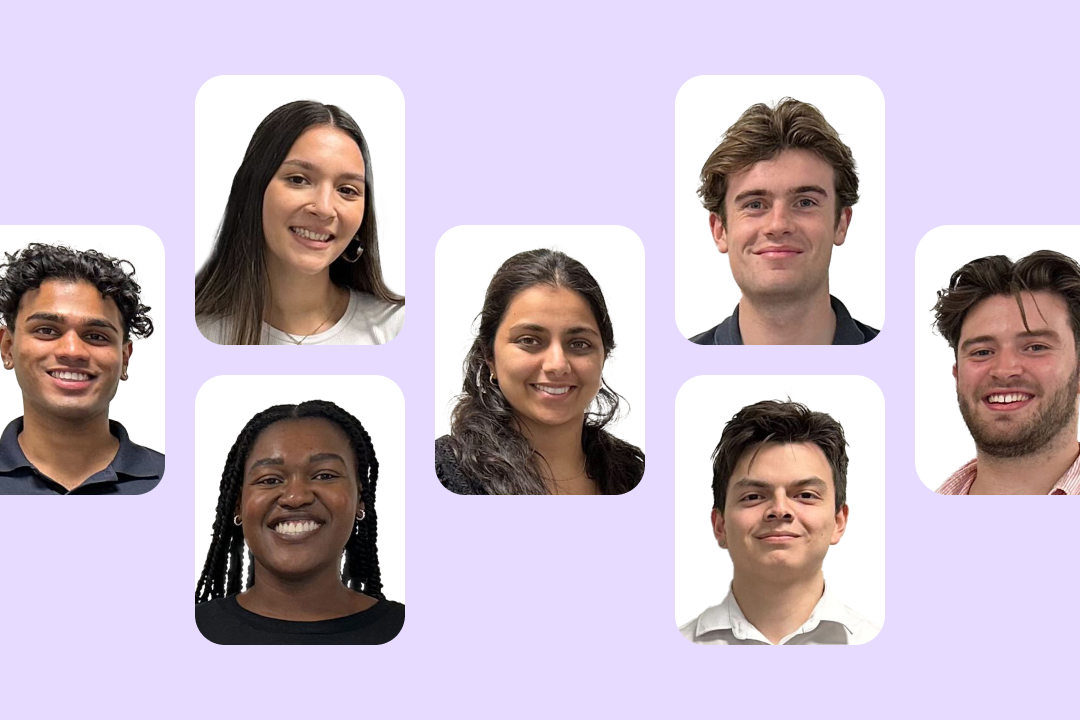
Team Starling
25th September 2023

Money Truths
8th July 2025
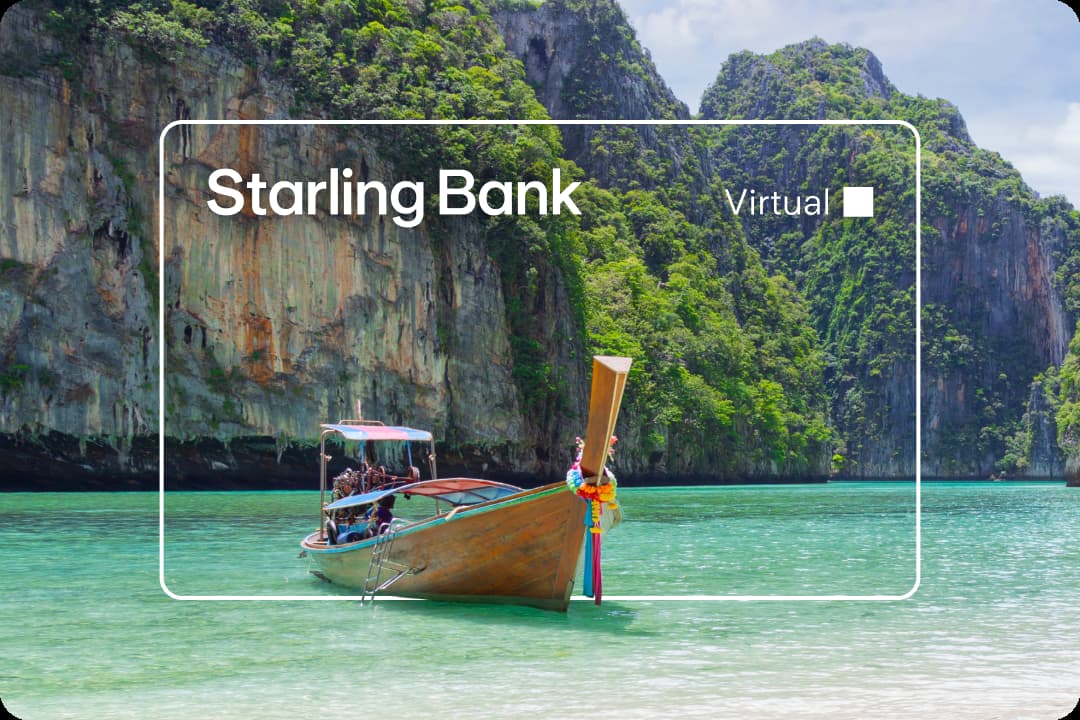
Money Truths
2nd July 2025
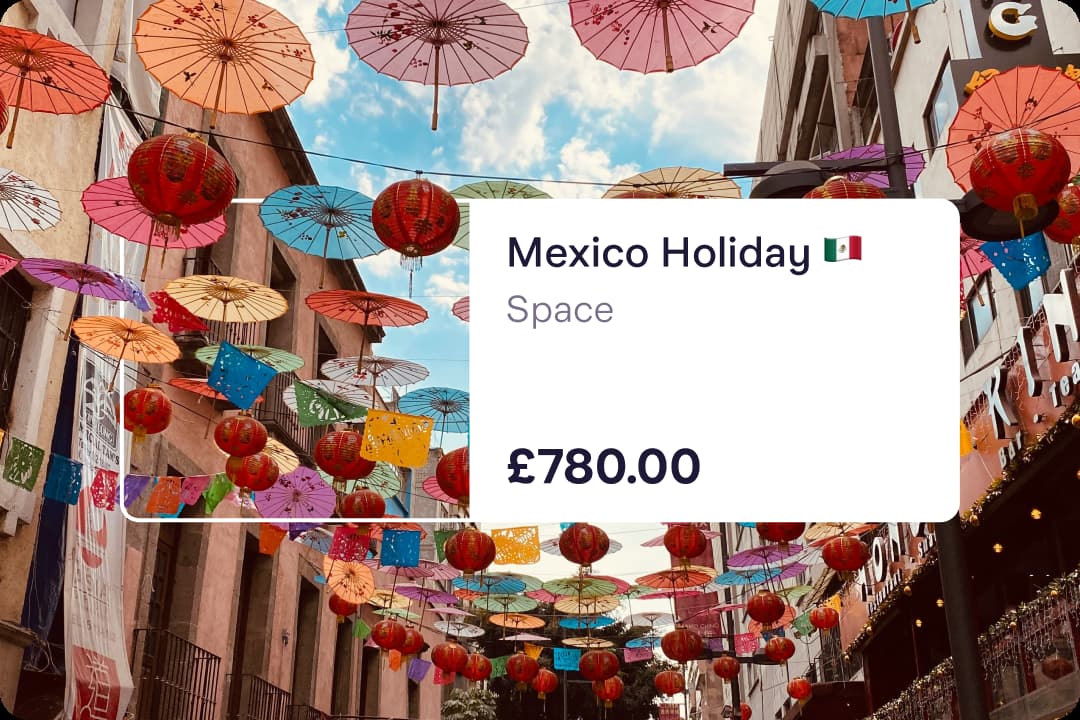
Money Truths
1st July 2025